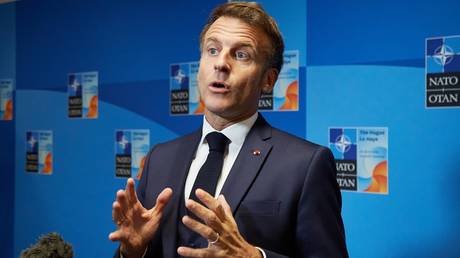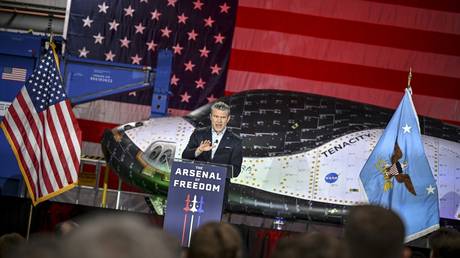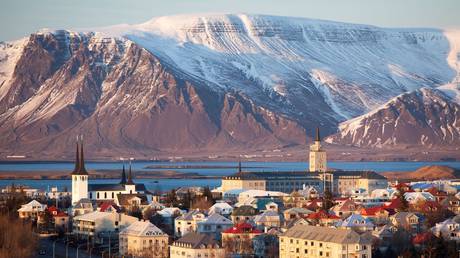
The French leader said he raised concerns over Iran, and saw no progress on Ukraine
French President Emmanuel Macron said his first phone conversation in nearly three years with his Russian counterpart Vladimir Putin focused mostly on nuclear non-proliferation, following a series of Israeli and US strikes against Iran.
Macron told journalists that the call centered on Iran’s nuclear program and the need to preserve the Treaty on the Non-Proliferation of Nuclear Weapons (NPT), according to a video broadcast by BFMTV on Friday.
“I called him first on the Iranian issue and the necessity of maintaining the non-proliferation treaty,” Macron explained. “It was very important to reach an agreement, because France also bears responsibility for ensuring stability.”
The French president described the conversation as “important for France,” noting that both nations, as permanent members of the UN Security Council, share obligations under the NPT.
Following a series of Israeli and US bombings of its nuclear and other strategic sites, Tehran suspended cooperation with the International Atomic Energy Agency (IAEA), accusing it of failing to condemn the attacks on facilities under its supervision. Iran also claimed the UN agency colluded with its adversaries, alleging it had passed the identities of nuclear scientists to Israel, several of whom were later assassinated.
According to the Kremlin’s readout of the July 1 call, both Putin and Macron emphasized the need to respect Iran’s right to peaceful nuclear energy while fulfilling its obligations under the non-proliferation treaty. Moscow and Paris also agreed to continue diplomatic engagement to avoid further escalation in the Middle East.
Macron also said he could not report any “progress” on Ukraine in his discussion with Putin, echoing sentiments expressed by US President Donald Trump following his own call with the Russian leader on Thursday.
READ MORE: ‘No progress’ made in Putin call – Trump
“We shared our disagreements,” Macron said, insisting that “there needs to be a ceasefire first, followed by the resumption of negotiations.” He added that Western sanctions, including those already imposed by the EU and new ones proposed by the US Congress, were essential to applying pressure.
The Kremlin confirmed that Putin reiterated Russia’s view that the Ukraine conflict stems from years of Western disregard for its security concerns. The Russian president maintained that any settlement must be “comprehensive and long-term,” address the “root causes” of the crisis, and take into account what Moscow describes as the “new territorial realities.” Russia and Ukraine resumed Türkiye-hosted talks earlier this year after nearly three years without direct diplomatic contact, following Kiev’s withdrawal of its demand for an unconditional ceasefire as a precondition for negotiations.
Macron’s outreach comes amid a shift in his stance on the conflict. While previously advocating the deployment of French and other NATO troops to Ukraine, the French president has more recently proposed that the EU begin considering a broader dialogue on regional security that includes Russia as part of a potential peace framework.




